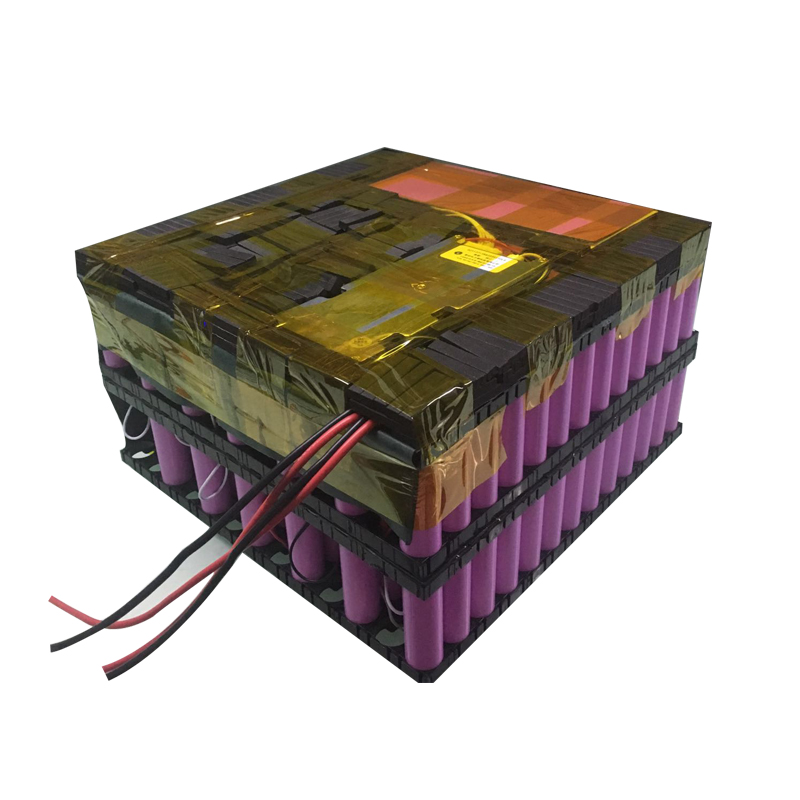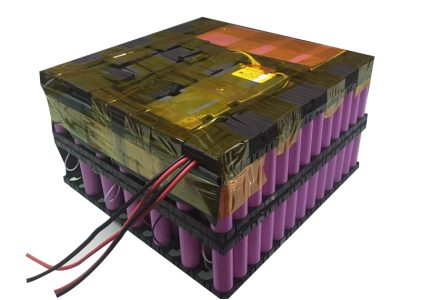The commonly used types of lithium-ion batteries for electric vehicles mainly include ternary lithium batteries and lithium iron phosphate batteries, in addition to nickel hydrogen batteries, lithium cobalt oxide batteries, and hydrogen fuel cells.
Ternary lithium battery
The positive electrode material of ternary lithium batteries is mainly composed of nickel, cobalt, and manganese (or aluminum), which have the characteristics of high energy density and can provide a large amount of electricity to meet the demand of electric vehicles for range. However, ternary lithium batteries generate a lot of heat during the charging and discharging process, which requires high heat dissipation. Poor heat dissipation may cause safety issues. Tesla and other car companies commonly use ternary lithium batteries, which have a long cycle life and high charging and discharging rates, making them suitable for scenarios that require fast charging or high power output.
Lithium iron phosphate battery
Lithium iron phosphate batteries are known for their high safety, long cycle life, and environmental friendliness. Its chemical structure is more stable under high temperature and overcharge conditions, greatly reducing the risk of explosion and fire. The cycle life of lithium iron phosphate batteries can usually reach over 2000 times, even up to 5000 times, and their performance is stable under different temperatures and working conditions. However, its energy density is low, and its discharge performance will be affected in low-temperature environments.
Nickel metal hydride battery
Nickel hydrogen batteries are generally used in hybrid vehicles and have the characteristics of low energy density but large volume. Nickel hydrogen batteries have a “memory effect” and require special attention to charge and discharge management to avoid capacity decay. However, nickel hydrogen batteries have advantages in improving fuel economy, energy conservation, and emission reduction in hybrid vehicles.
Lithium cobalt oxide battery
Lithium cobalt oxide batteries have the advantage of high energy density, but their stability is poor at high temperatures. Its application is relatively limited and mainly used in scenarios that require high energy density.
Hydrogen fuel cell
Hydrogen fuel cells have the characteristics of high energy density and rapid hydrogen charging, but there are problems such as safe use of hydrogen and high storage and transportation costs, and they have not yet been fully industrialized.


